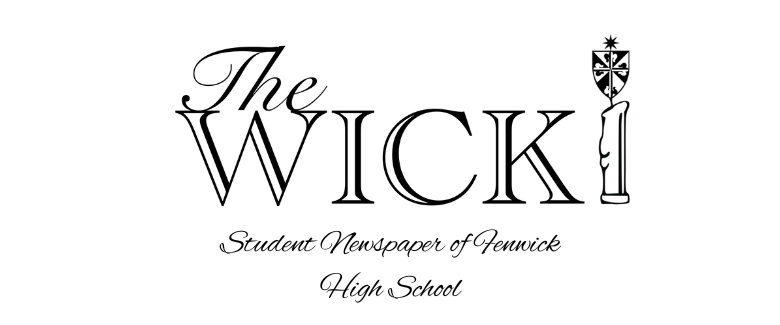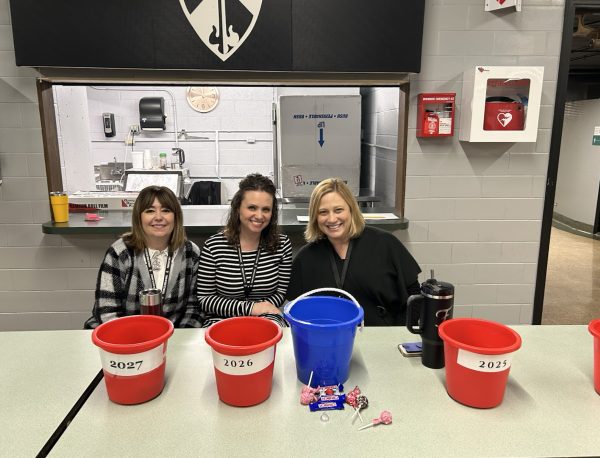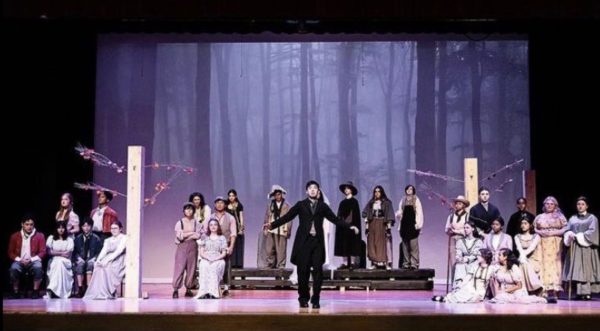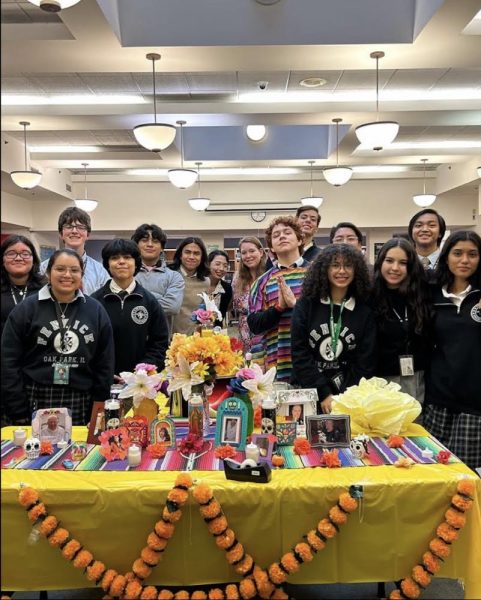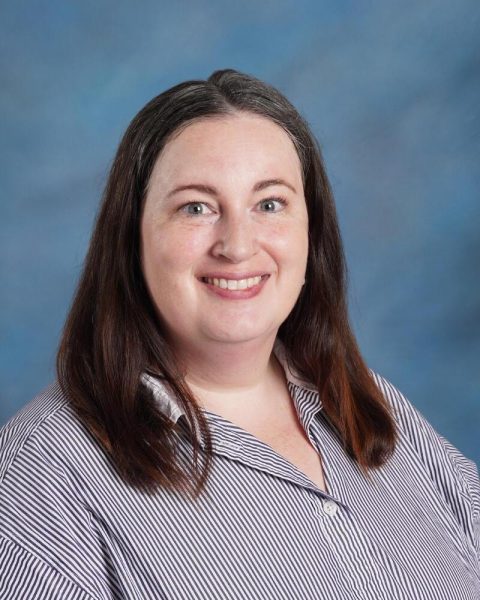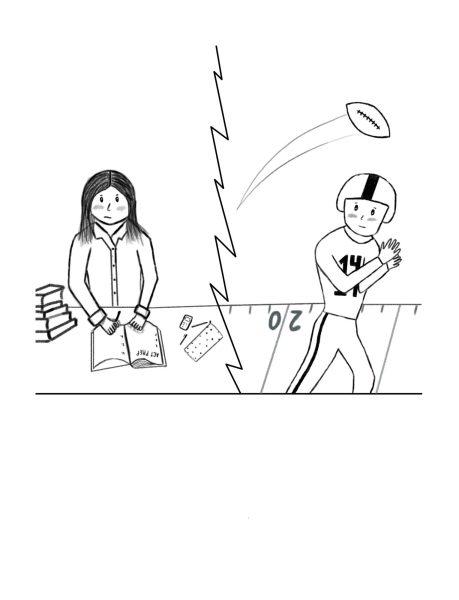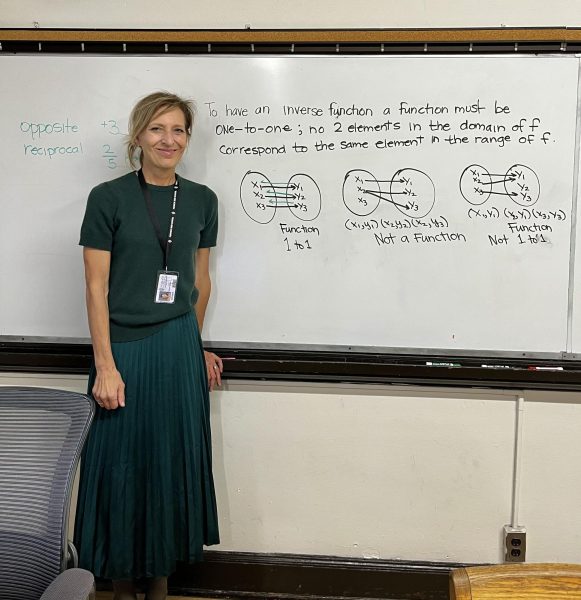Friars Remember 9/11, 20 Years Later
The scars that 9/11 left behind are not only with the families of those who passed but also within our country as a whole. People all over the United States have memories of this traumatic event, even those that we know here at Fenwick. While there are many who did not witness this tragic event in person, it has still impacted their lives in some way.
The morning of September 11 was supposed to be normal, just like any other day. While Americans went about their daily routines, 19 men belonging to the terrorist group Al Qaeda boarded four planes with the intention of using them to assist in an attack against the United States. The flights American 11 and United 175 were hijacked and struck the World Trade Center in New York City. The American Flight 77 crashed into the Pentagon, just outside of Washington D.C., and the United Flight 93 was redirected by its heroic passengers into a field in Pennsylvania, its target remaining unknown. Nearly 3,000 American lives were lost in this act of terror including those on the four flights, working people in the World Trade Center and Pentagon, and first responders who were at the scene. Citizens of the United States watched in terror both in person and from their televisions as the deadliest terrorist attack in American history took place. The events of 9/11 have greatly impacted American society and how we live our daily lives. For some, it is hard to imagine what that day must have been like. Luckily, we have individuals in our own school who can assist in our understanding of what it was like to experience this event, and the ripple effect of changes that came along with it.
September 11, 2001 fell on a Friday. That means classes were in session, and students sat in their seats filled with the excitement of the upcoming weekend. Around 8:30 in the morning, Mr. Quinn, who had started his 21st year of being an educator at Fenwick, held his eldest daughter, who was an infant at the time, in his arms as he waited for the babysitter to arrive. He then got a call from his sister in law, who was struck with fear. With a tremble in her voice, she instructed him to turn on the news. With the click of a remote, his attention was directed to Charles Gibson who was trying to explain what had happened as the North Tower was shown on screen in smoke. “While I was holding my daughter, it was like a surreal movie scene,” said Mr. Quinn, “Then the second plane had hit the south tower.” By then, it was obvious that this had been an attack. The babysitter had finally arrived, and Mr. Quinn made his way to the school. While driving to work, the news surfaced on his radio that the Pentagon had been hit as well. Mr. Quinn recounted, “When we got to school, we pulled out the television and watched history unfold before our eyes.” The atmosphere at Fenwick on this day was filled with tension and fear. Students and teachers were afraid. No one knew what was yet to come. No one knew how many targets there were, and if that next target would be in our own city. Mr. Quinn explained, “The first real reaction was bewilderment, what happened, why did this happen, is it going to happen again? It was very unclear. The next reaction was fear. Were there more attacks coming, were there more planes, more suicide bombers?”
Through all of this fear and chaos, the people of this country managed to come together to mourn and support one another. “Americans had to think like Americans, not Republicans and Democrats,” said Mr. Quinn. The rest of the school year, students rose above and beyond in his U.S History class to speak and give their thoughts on the events. This attack kept everyone thinking. This devastating act of terror inspired the students in Mr. Quinn’s U.S History classes to educate themselves on our country’s current affairs. They were eager to be involved in the conversation. What comes next? While this day and year were sobering, as Mr. Quinn put it, the students at Fenwick took it as an opportunity to further their education and understanding of the events. While some students had much to learn, some had stories to share. Mr. Quinn recalled the story of a Fenwick student’s father who later came to speak to the class after 9/11. The father was a federal agent who traveled to the World Trade Center in New York for a meeting. When he arrived, security was extremely hard to get by. With the amount of time it took to get through security, he was sure that he would miss his meeting since he had to go all the way to the top floor. Just as he was admitted through security, he looked above him, and the first plane had hit. “Timing in life, that I always told every student that I ever worked with, is everything. That father being late, caused him to still walk the earth,” said Mr. Quinn. If there is one thing to be learned from both this story and this event as a whole, it is that we shouldn’t take the time we have on earth for granted. September 11 has taught us all to be grateful for both the time that we have and the freedoms that we possess in this country. This event is a vital part of American history and will always be remembered. The scars that this act of terror left run deep in the soil of our country, but they are not enough to break us.

